Olympic legacy: How will Rio compare to other summer Games?
The 2016 Olympics are already mired in controversy and there may be more pain ahead
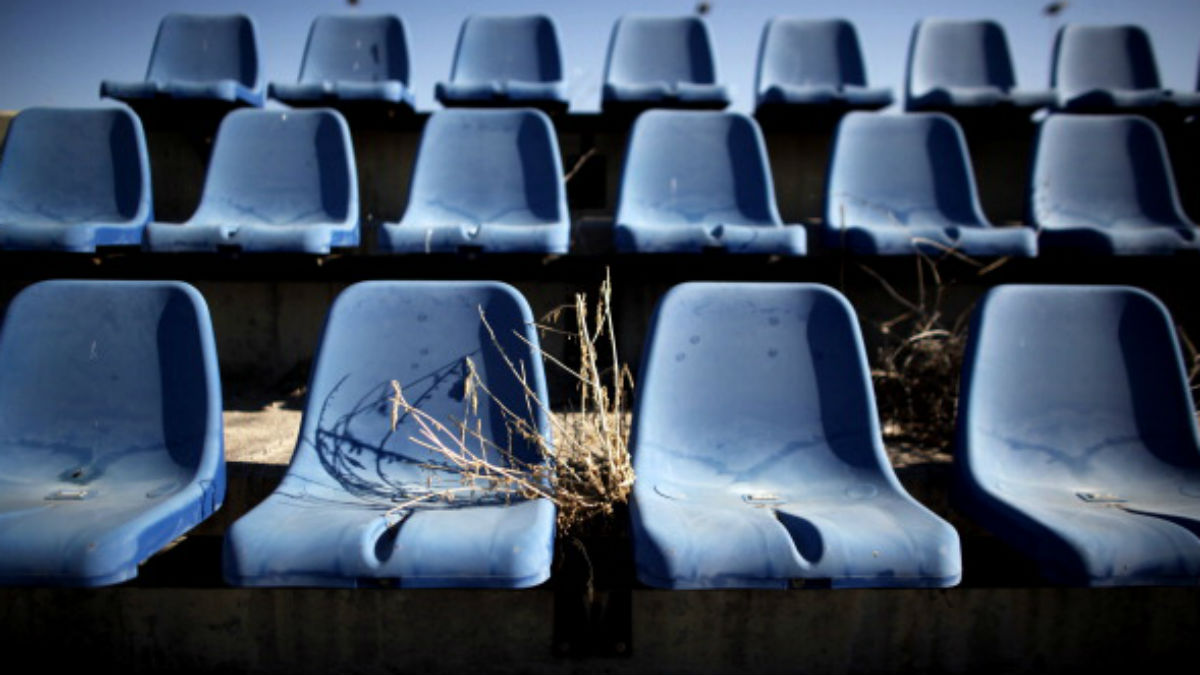
A free daily email with the biggest news stories of the day – and the best features from TheWeek.com
You are now subscribed
Your newsletter sign-up was successful
After the hard work and the scare stories comes the triumph. At least that is what the organisers of the Rio Olympics will be hoping after a troubled build-up to this summer's Games, with the usual fears over infrastructure and security compounded by a corruption scandal, a recession and a public health crisis caused by the Zika virus.
But what will Brazil get out of the event, apart from the kudos that goes with hosting the most venerable sporting event on earth?
For other host cities, the Games have turned out to be something of a poisoned chalice. The 1992 Olympics in Barcelona, which regenerated the Spanish city, are widely seen as a success, but few events since then have matched them.
The Week
Escape your echo chamber. Get the facts behind the news, plus analysis from multiple perspectives.

Sign up for The Week's Free Newsletters
From our morning news briefing to a weekly Good News Newsletter, get the best of The Week delivered directly to your inbox.
From our morning news briefing to a weekly Good News Newsletter, get the best of The Week delivered directly to your inbox.
And in his book, Circus Maximus: The Economic Gamble Behind Hosting The Olympics, economist Andrew Zimbalist notes that prior to 1984, hosting the Olympics was not seen as much of a privilege.
"Mexico City's games in 1968 were marred by violence and political protest. Munich's games in 1972 ended in wrenching tragedy as 11 Israeli athletes were killed by terrorists. Montreal's games in 1976 cost 9.2 times more than initially budgeted and yielded a debt that took the city 30 years to pay down," he writes.
The Los Angeles Games turned the tide, making a profit and boosting the image of the city worldwide. Cities and governments took note and after that, "the competition to host the games became almost as intense as the athletic competition itself", says Zimbalist.
But as countries scrambled to host the Olympics, the costs of putting on a global sporting event began to spiral. Soft power, it seems, comes at a price.
A free daily email with the biggest news stories of the day – and the best features from TheWeek.com
Just bidding to host the competition now costs hundreds of thousands of dollars, while the overall cost of the Rio Olympics is expected to be more than $12bn (£9bn). That is on top of the $15bn (£11.3bn) Brazil spent on the World Cup in 2014.
"While promoters of the games made lofty claims about the economic benefits to be gained from hosting these sporting extravaganzas, the local populations seemed unimpressed," says Zimbalist. "Not only were there no evident economic gains, there were social dislocations and resource diversions away from meeting basic needs. The games may benefit their wealthy promoters, but those at the middle and bottom of the income ladder appear to be picking up the tab."
Brazil's huge outlay has not prevented the Zika outbreak or done much to improve sanitation, while the country is already dotted with expensive football stadiums, a legacy of 2014, that have become white elephants.
The warning signs are already there for Rio – but what can the city learn from other cities that have hosted the Olympics this century?
London 2012:
The most recent Games were hailed as a huge success, but there are now very real questions over their legacy, even though the Olympic Park remains a vibrant area.
"London's dreams of urban regeneration did not quite live up to the five pledges made in the city's Olympic bid. The economically deprived neighbourhood around the stadium has undoubtedly been transformed – but experts are questioning the cost to longstanding residents," says the International Business Times.
But of most concern is the organisers' grandiose claim that London 2012 would "inspire a generation" and make Britain a healthier country.
Figures show the number of people taking part in sports has fallen since 2012, with politics to blame.
"Exacerbated by the lack of a clear overarching plan across Whitehall departments, cuts and confusion in school sport, and local authority cuts that have hit facilities' budgets, adult participation numbers have fallen since the Games," reported The Guardian last year. "More worrying, they suggest that increasingly we are becoming a two-tier sporting nation, with least progress being made among those in the lowest socioeconomic groups."
Beijing 2008:
Described by the FT as "a national vanity project that cost an astonishing $45bn" the Beijing Olympics passed off smoothly, but their legacy remains unclear.
The future of the iconic Bird's Nest stadium has been clouded by confusion, although it will remain a sporting venue, thanks to Beijing hosting the 2022 Winter Olympics. Many other venues are now derelict.
Opinion is divided on whether the Games helped improve the environment in the long term, while the city, like other hosts, was guilty of making vague promises.
"More damning are those reports in which airy, untestable claims are presented in place of concrete achievements," says the website City Metric. "In Beijing, for example, 400 million schoolchildren were apparently 'exposed to Olympic values'."
Athens 2004:
It is hard to view the Athens Olympics in isolation, given what has happened to Greece in the 12 years since it hosted the tournament.
"For many Greeks who swelled with pride at the time, the Games are now a source of anger as the country struggles through a six-year depression, record unemployment, homelessness and poverty, with many questioning how the nation has benefited from the multi-billion-dollar event," wrote The Guardian in 2014.
Many of the venues lie derelict and although the Olympics did not precipitate the economic collapse that ruined the country, they have become a symbol of the political system that allowed it to happen.
"Greece's Olympic Village is the largest emblem of the desolation left by the Games," reports the Australian website News.com. It was to become the country's largest social housing complex, but it now lies neglected.
"The village sums up Greece's problems. The government went on a spending spree with eurozone funds during the Games and painted a positive picture of the situation. It didn't worry too much about its weak economy handling the debt, look ahead realistically or rein in its spending on credit."
There are even doubts over how much the event did for Greece at the time. It is well documented that the Olympics can have a negative impact on tourism, with casual visitors avoiding the host country. It happened in Beijing and Australia, too, but there have been claims that Italy was the real beneficiary of the 2004 Games, as tourists flocked there rather than Greece.
Sydney 2000:
Like the London Games, the Sydney Olympics regenerated a swathe of the city and most of the venues remain in use. So far so good.
However, researchers from Monash University found that "rather than producing an economic benefit the Sydney Games actually reduced Australian household consumption by A$2.1bn [£1.2bn]."
Writing for The Conversation website, they say: "The Games occurred during a period of low unemployment in Australia, meaning that Olympics activities – like venue construction, event organisation and sports tourism – merely acted to displace employment in other economic activities, instead of boosting employment.
"Furthermore, the modelling we undertook after the Games revealed no evidence that the Sydney Games had left a tourism legacy."
The experiences of other host cities this century do little to ease concerns over the impact the Olympics will have in Rio.
But with so many metrics to judge the success or failure of the event, it is almost impossible to satisfy all of them. Against that backdrop, Rio may do well just to ensure that the party goes off without a hitch.
-
 How the FCC’s ‘equal time’ rule works
How the FCC’s ‘equal time’ rule worksIn the Spotlight The law is at the heart of the Colbert-CBS conflict
-
 What is the endgame in the DHS shutdown?
What is the endgame in the DHS shutdown?Today’s Big Question Democrats want to rein in ICE’s immigration crackdown
-
 ‘Poor time management isn’t just an inconvenience’
‘Poor time management isn’t just an inconvenience’Instant Opinion Opinion, comment and editorials of the day
-
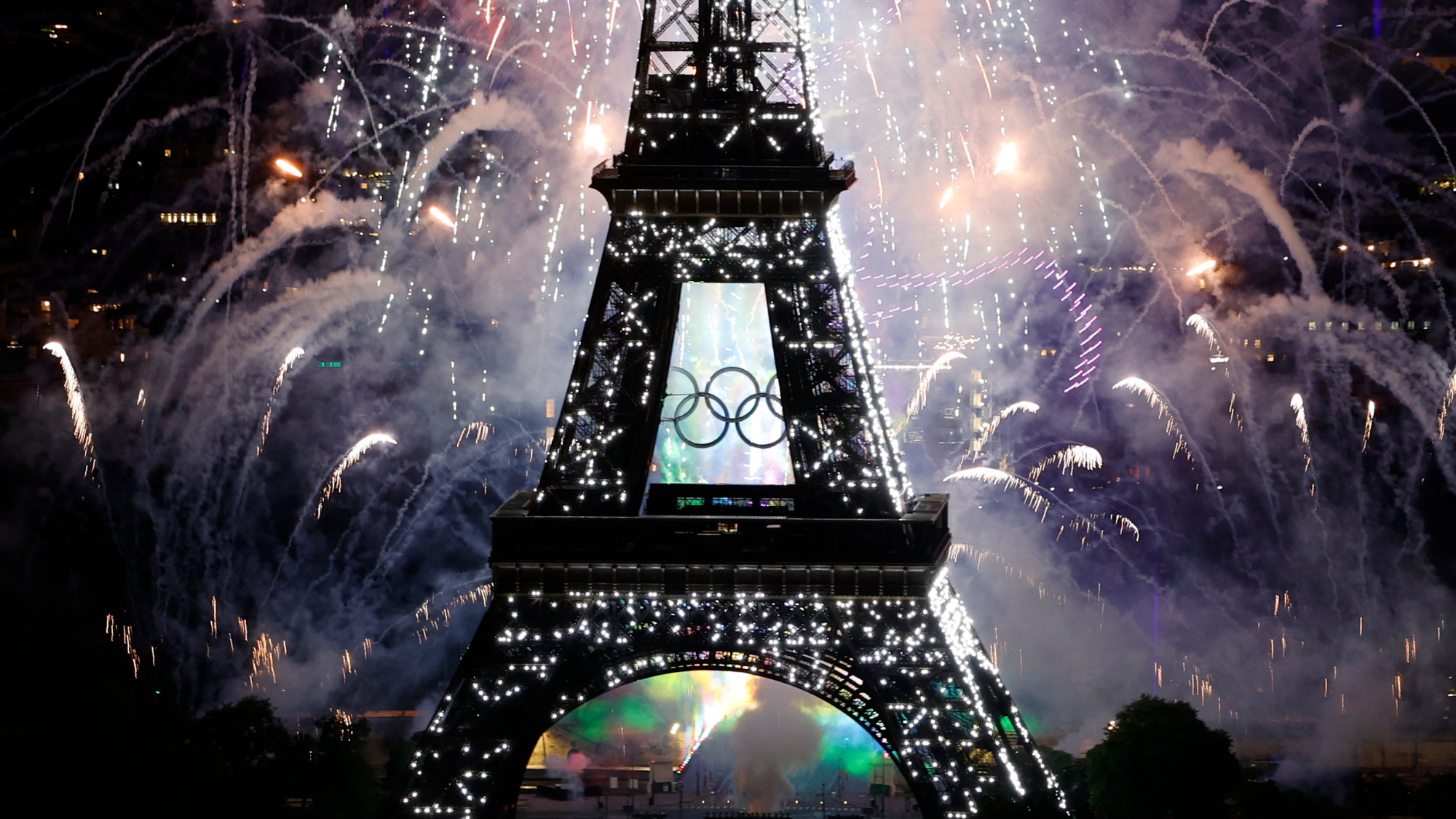 Paris Olympics: will it be a success?
Paris Olympics: will it be a success?Today's Big Question Organisers hope the 'spectacle' of the 2024 Games will lift the cloud of negativity that has hung over the build-up
-
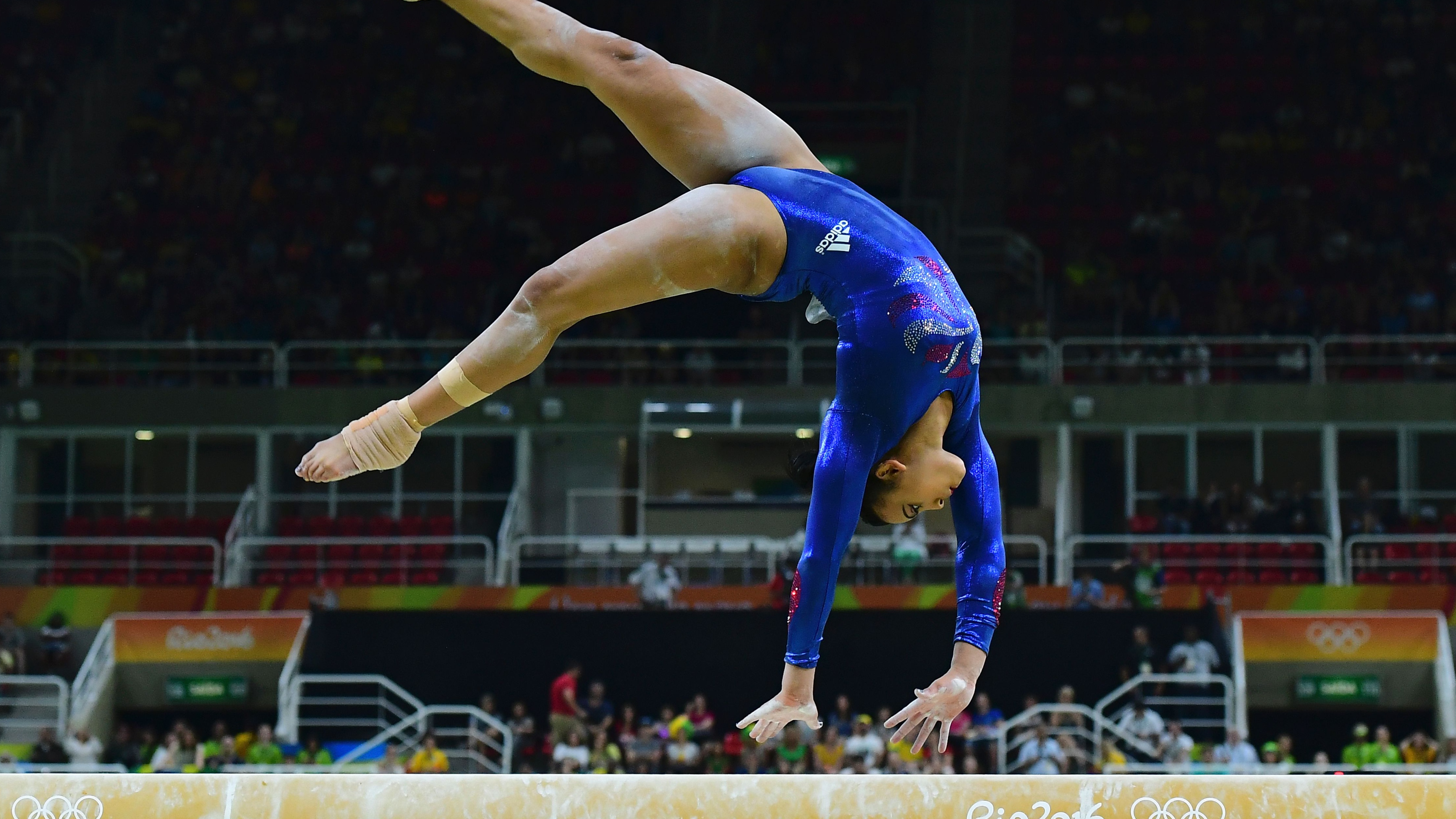 British Gymnastics to investigate alleged abuse of elite Olympic athletes
British Gymnastics to investigate alleged abuse of elite Olympic athletesSpeed Read Olympians describe culture of ‘fat-shaming’ and ‘fear’ within sport
-
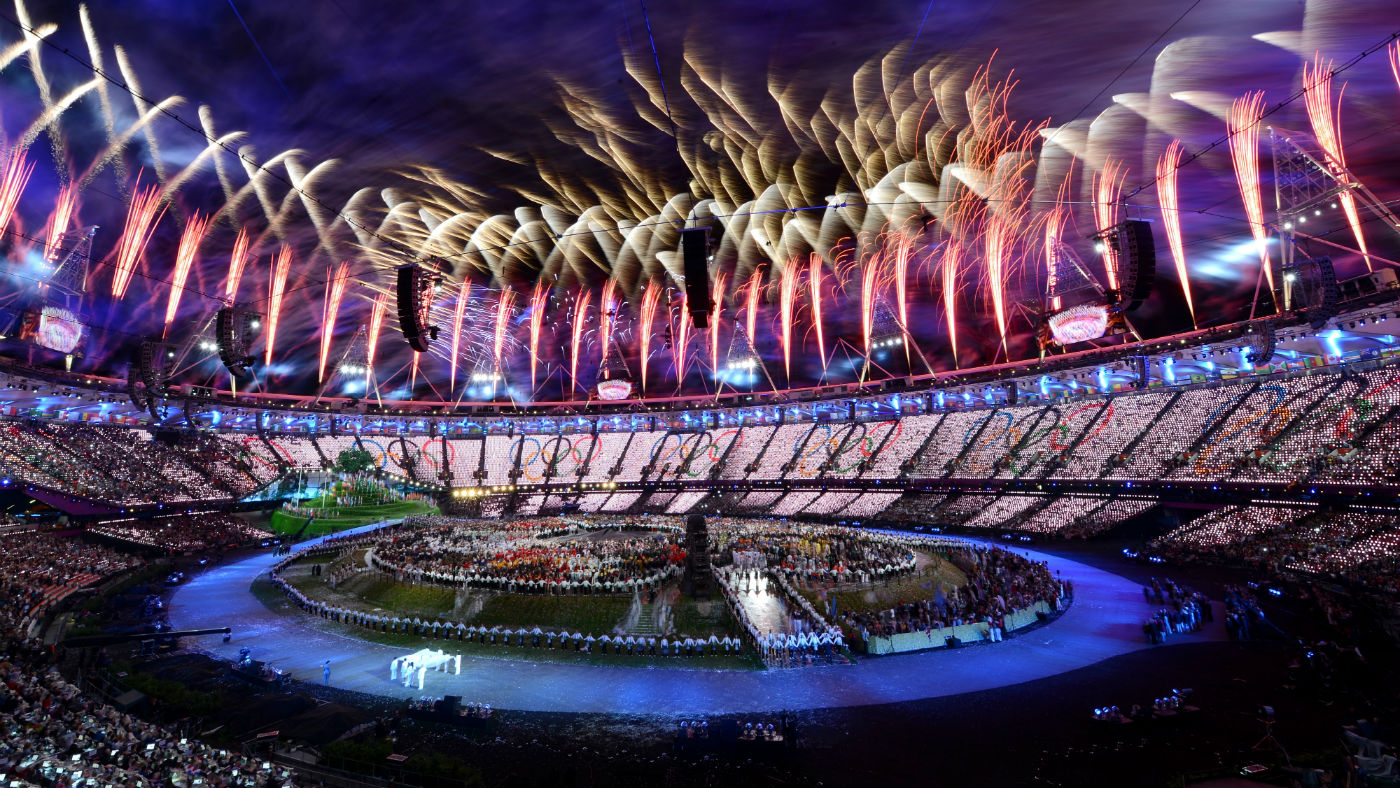 London backed to make bid for the 2036 Olympic Games
London backed to make bid for the 2036 Olympic GamesSpeed Read UK capital has held the summer games a record three times
-
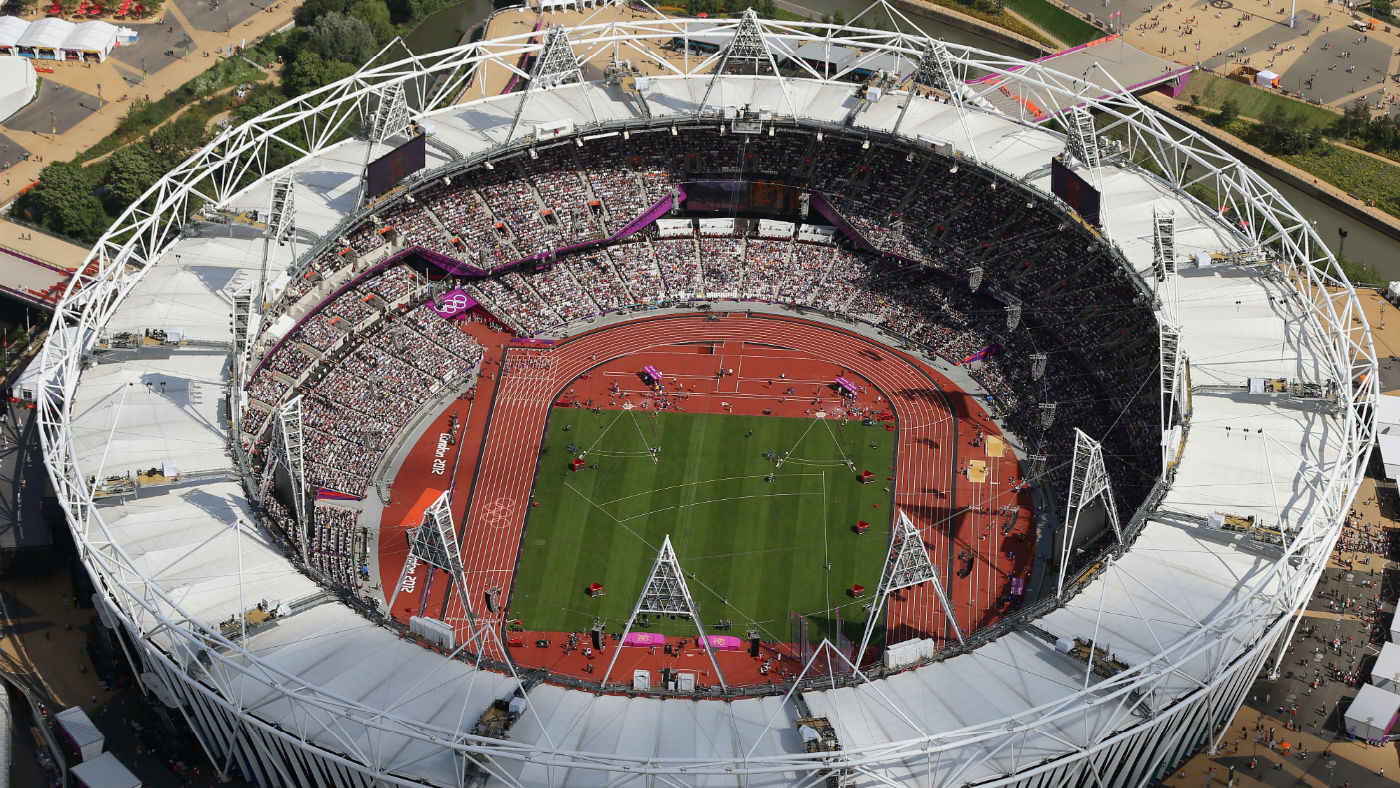 London named world’s top sports city ahead of LA and Paris
London named world’s top sports city ahead of LA and ParisSpeed Read Olympic host cities dominate the top five of the 2019 rankings
-
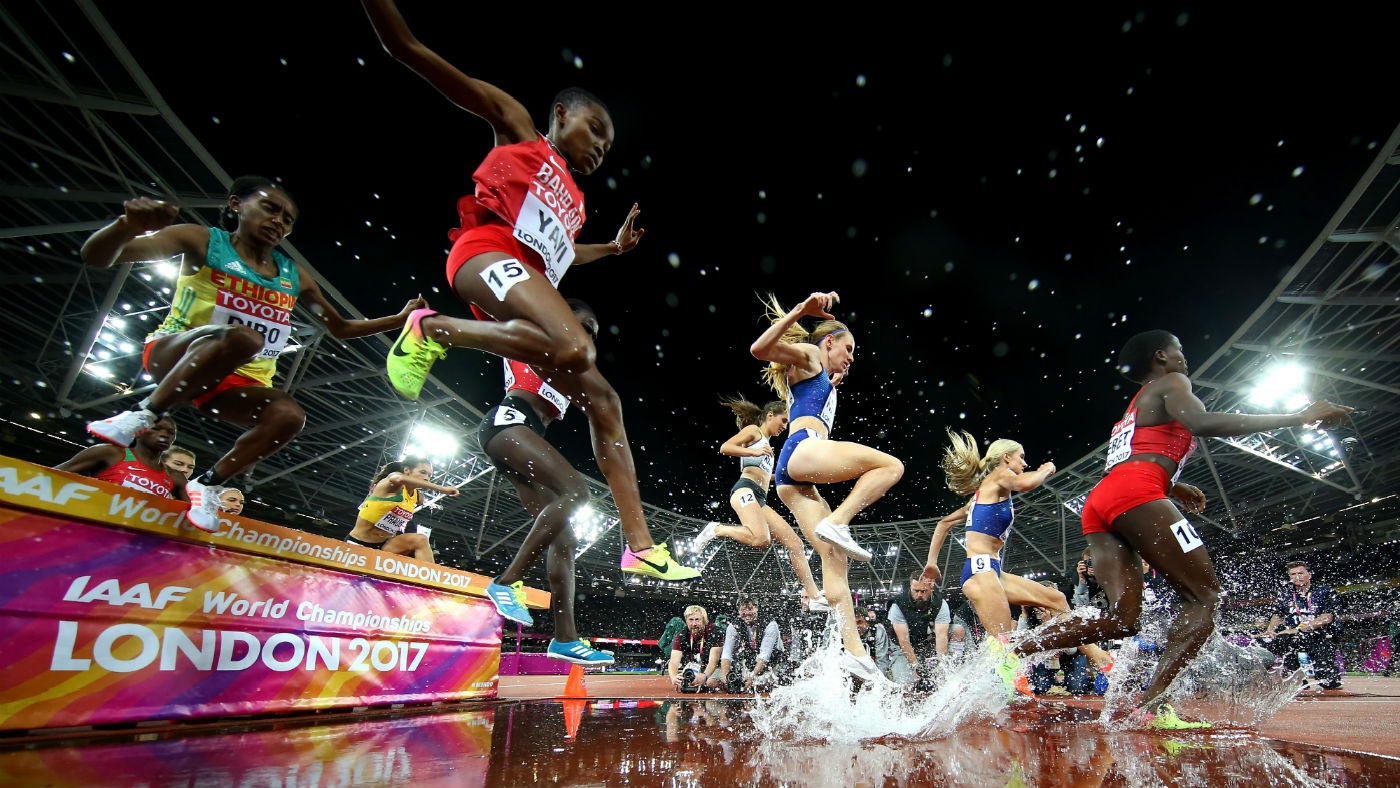 London 2012 Olympic legacy events generate £130m
London 2012 Olympic legacy events generate £130mSpeed Read New report from UK Sport reveals economic impact of 25 National Lottery and taxpayer-funded events as well as spectator numbers
-
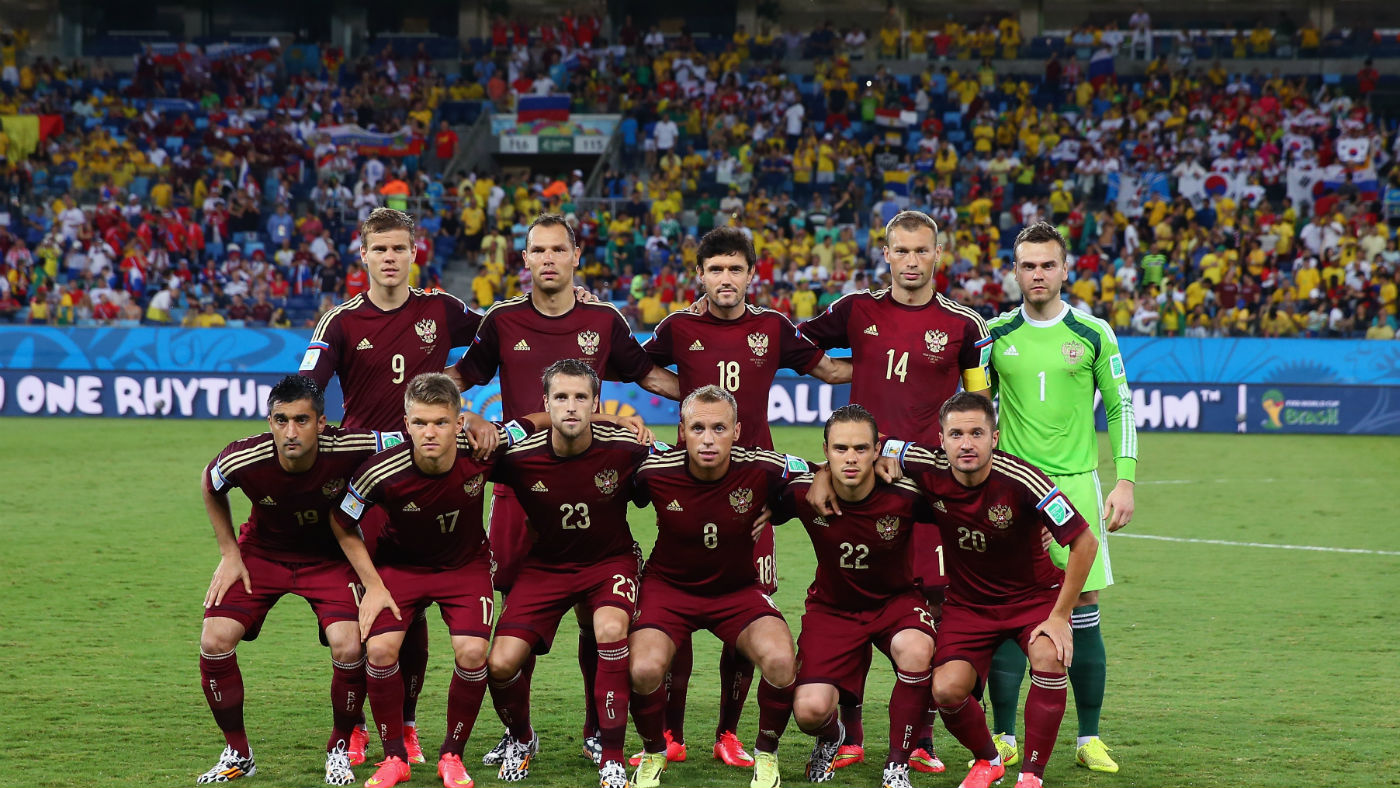 Russia World Cup could be under threat over doping claims
Russia World Cup could be under threat over doping claimsIn Depth Fifa urged to act over allegations 2014 squad may have been guilty of drugs offences
-
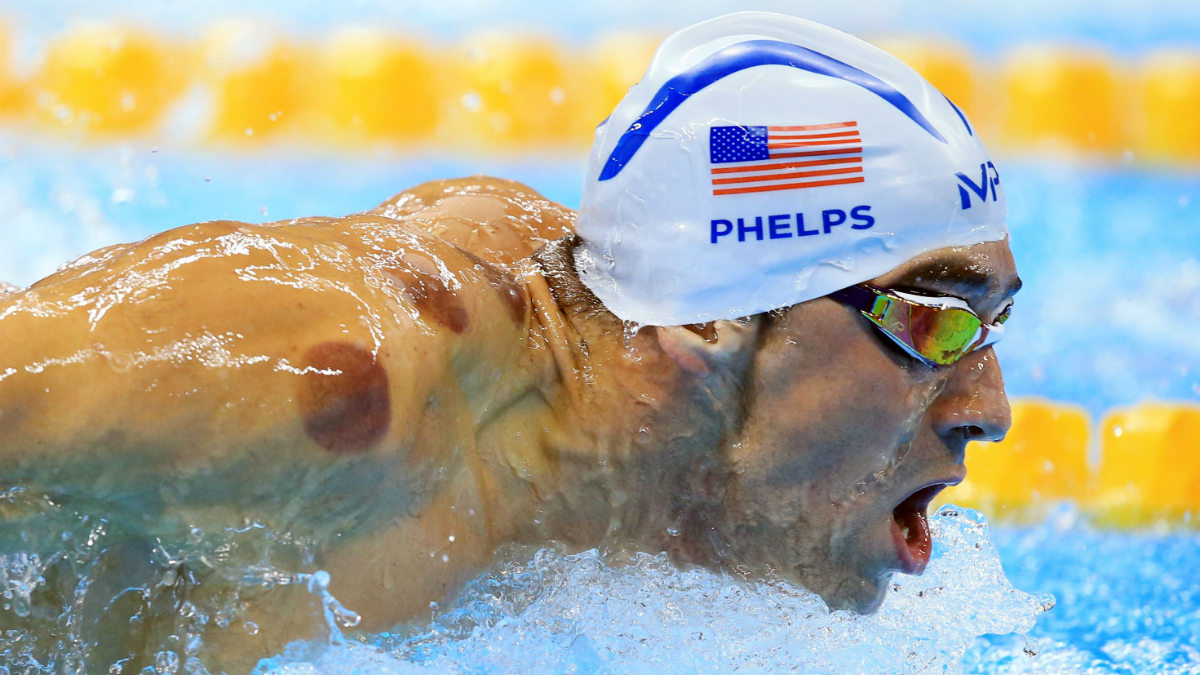 Michael Phelps: I never raced against a clean field in international events
Michael Phelps: I never raced against a clean field in international eventsSpeed Read Olympic swimming hero calls on US to do more to improve anti-doping measures in sport
-
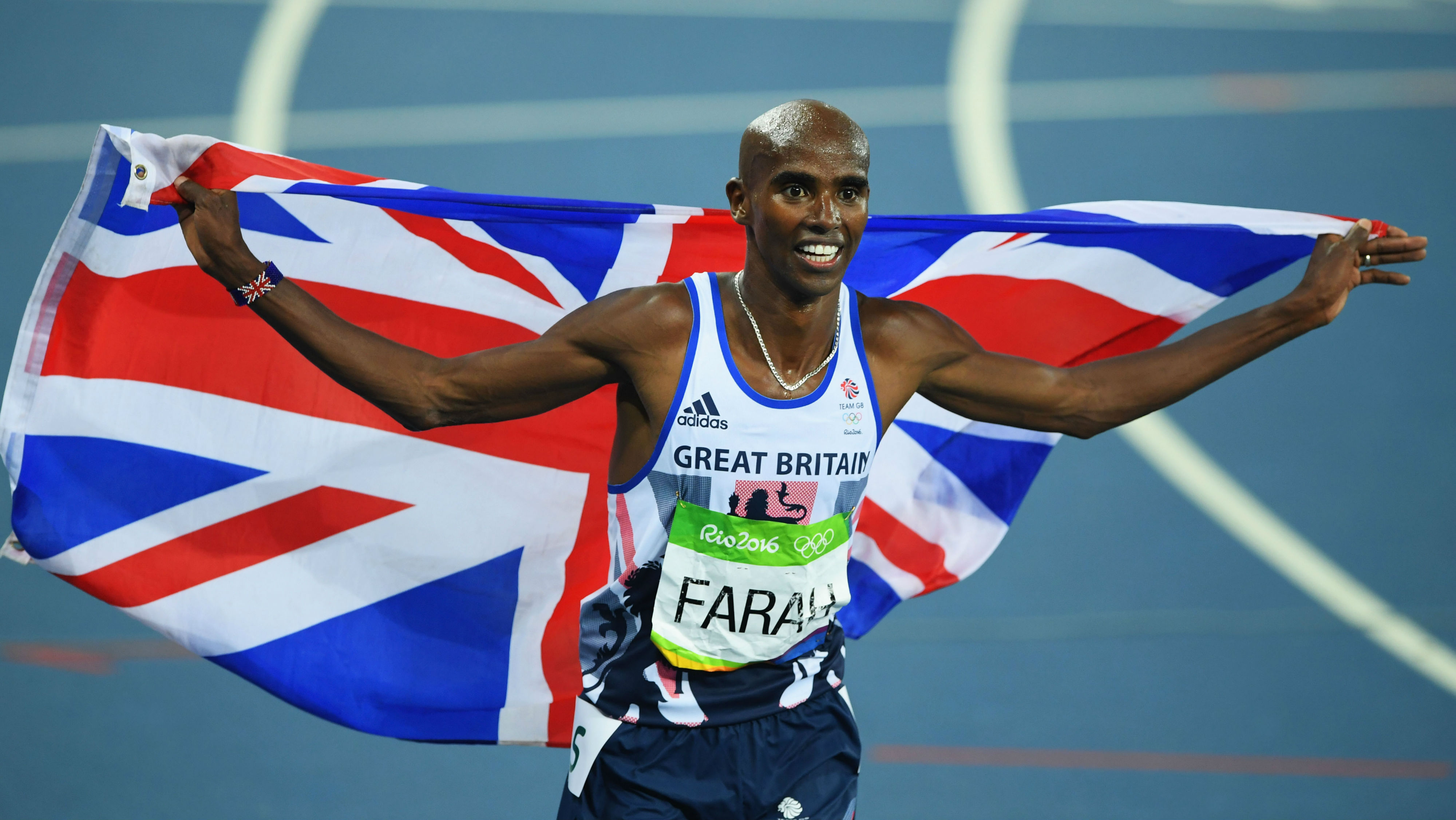 Farah hits back after more claims against coach Salazar
Farah hits back after more claims against coach SalazarIn Depth British Olympic champion insists he's clean and attacks Sunday Times, but he should learn from Bradley Wiggins